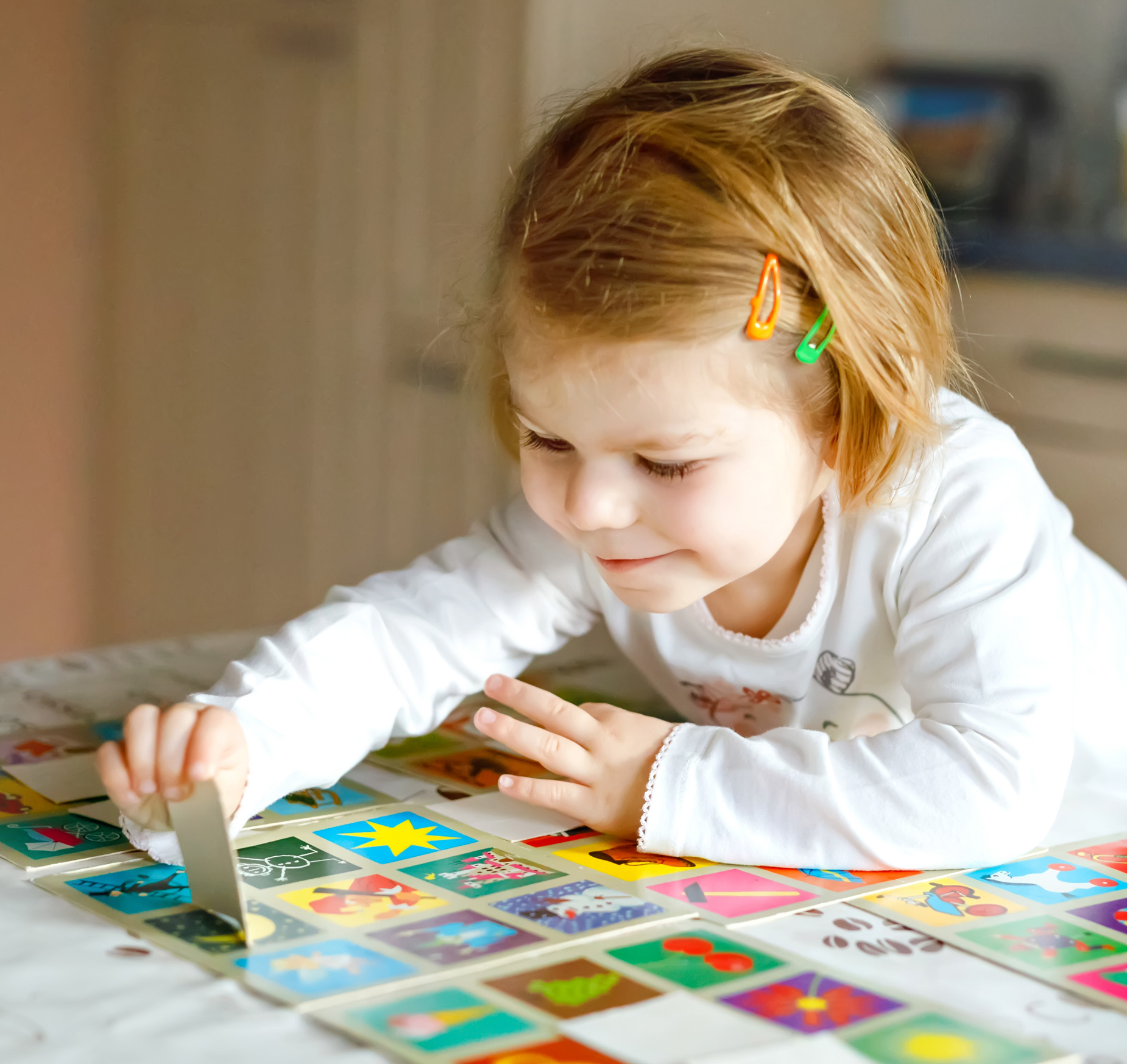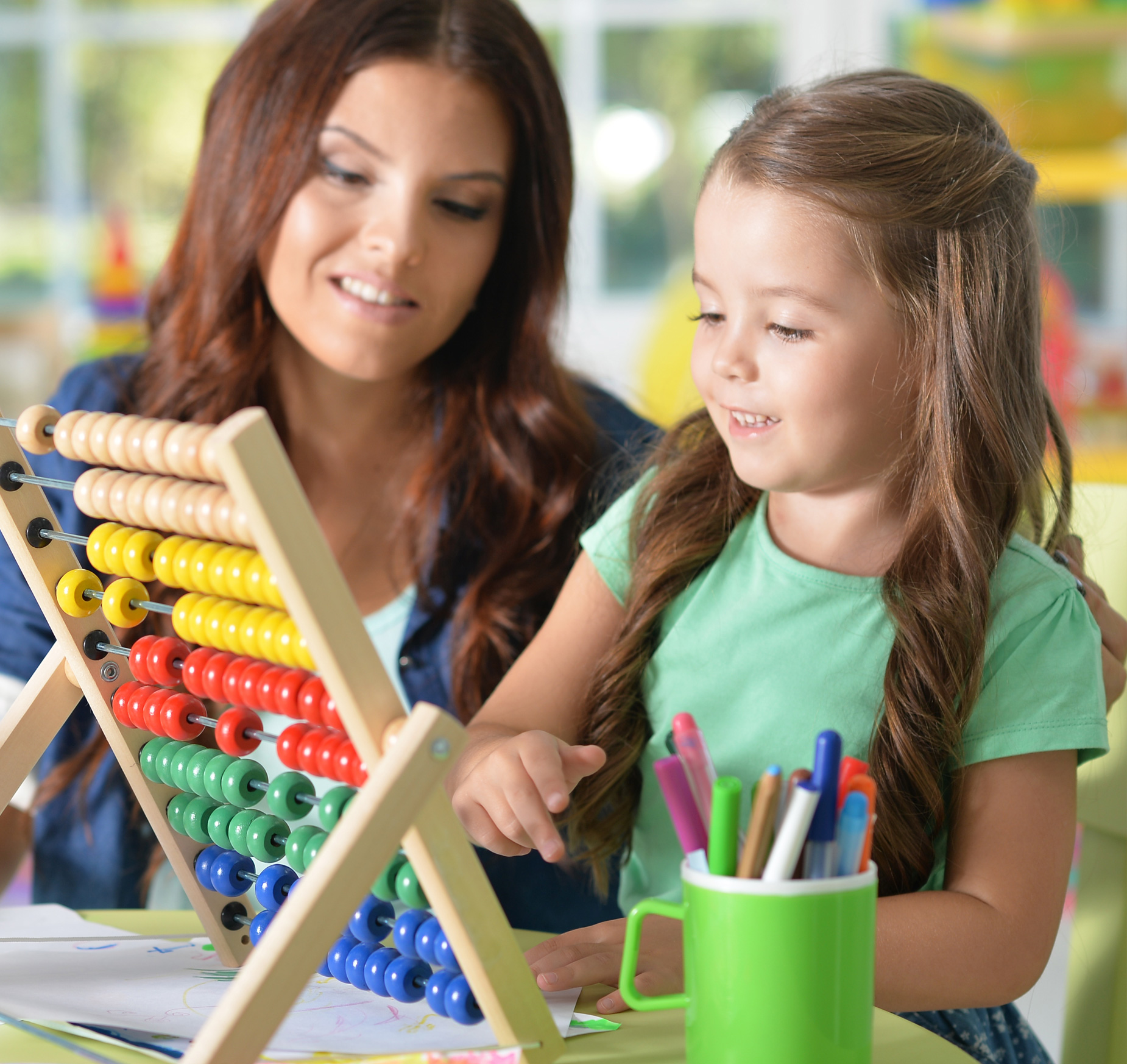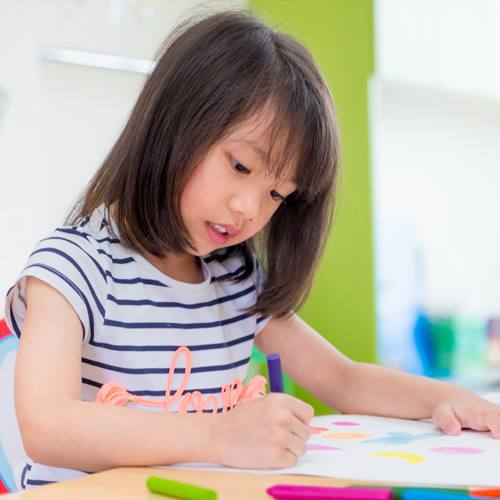Why ABA?

ABA therapy can help children make meaningful changes in many critical areas of their development. ABA focuses on:
- Increasing desirable behaviours, e.g. on-seat behaviour, eye contact or group participation
- Teaching a new skill, e.g. using a spoon
- Maintaining existing skills, e.g. reading sight words that were learned previously
- Generalising or transferring skills/behaviour across time, people and different situations
- Reducing interfering/challenging behaviours and teaching replacement behaviours
Children who have received help through the ABA Programme would be able to improve their skills in areas, such as:
- On-seat behaviour
- Attending and scanning skills
- Building eye contact
- Responding to own name
- Following simple instructions

- Spontaneous requesting
- Understanding language (receptive language)
- Using language (expressive language and functional use of language)
- Building vocabulary
- Answering questions
- Engaging meaningfully with toys
- Building independent leisure/play skills
- Pretend play
- Understanding social cues and rules
- Participating in interactive play with others and in group activities
- Turn-taking skills
- Initiating interactions
- Socialising with peers

- Toileting
- Dressing, e.g. wearing clothes/shoes
- Feeding, e.g. drinking from a cup or using a spoon/fork
- Packing/Unpacking
- Making simple meals
- Grooming, e.g. washing, bathing, tooth brushing or combing
- Tolerating new/aversive activities, e.g. nail cutting
- Self-regulatory behaviour
- Reading
- Writing
- Math
- Spelling

- Gross motor skills, e.g. walking, climbing, jumping, balancing or throwing a ball
- Fine motor skills, e.g. appropriate grips, pencil skills, colouring or cutting with scissors
- Lack of compliance
- Disruptive behaviours, e.g. throwing things
- Aggression towards others
- Self-injurious behaviour
- Tantrums
- Rigidity
- Self-stimulatory behaviour
ABA in Singapore
ABA is also recognised in Singapore as one of the most effective early intervention methods. According to the Singapore Ministry of Health (MOH)’s AMS-MOH Clinical Practice Guideline 1/2010, the ABA, also known as the Early Intensive Behaviour Intervention (EIBI), has been rated Grade A (Level of Recommendation) and Level 1++ (Level of Evidence).


